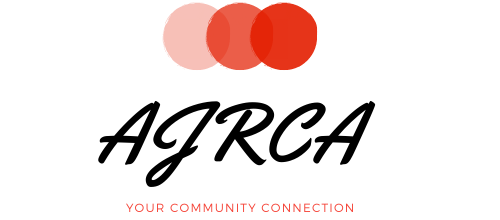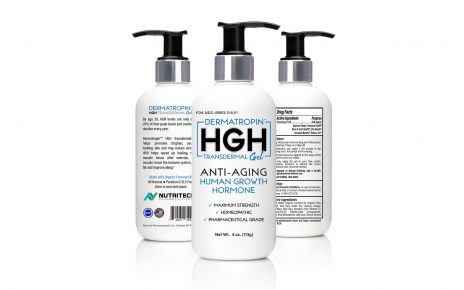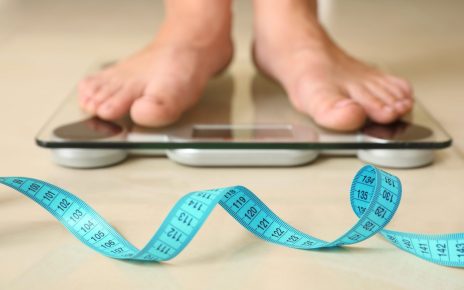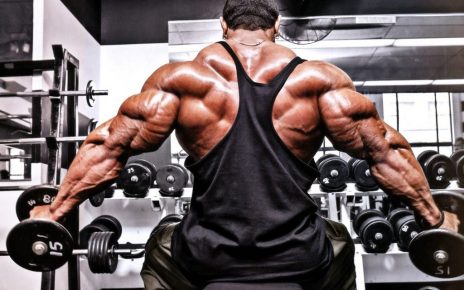You’ve probably heard the saying “If you want to gain muscle, you need to eat more calories than your body burns.” It’s a popular misconception that holds weight in both professional and amateur athletes. But it’s not entirely true. While eating more calories can help you gain weight, it’s not always necessary for success. Here are some of the most common workout and nutrition mistakes that kill gains.
What Is Muscle Mass?
The first thing any athlete needs to know is what muscle mass actually is. Muscle mass is the amount of lean tissue inside a person. We all have fat tissue on our bodies, but our muscles are the only part of the human body that we can’t live without. Muscles contain protein, which provides energy for us throughout the day. Muscle also helps regulate blood sugar levels and hormones like insulin and testosterone. These are just two reasons why gaining muscle is so important.
How Do You Gain Weight?
We typically gain weight through consuming more calories than we burn off each day. This means that when you work out at the gym, you’re burning more calories than you consume during rest periods. To put this into perspective, a 250-pound person who exercises five days a week will burn about 1,700 calories per week. If they don’t make up those burned calories with food, they’ll start putting on pounds.

It’s important to realize that the average American diet has changed drastically over the course of several decades. Most Americans now eat far less fresh fruits and vegetables than they did even twenty years ago. Our diets are filled with processed meat products, refined grains, and sugary foods like cakes, cookies, and sodas. The result is an increase in obesity rates across the country. While there are plenty of other factors that contribute to overweight Americans, nutrition should be a major focus of anyone who wants to shed extra pounds.
Common Fitness and Nutrition Mistakes
Here are some of the most common fitness and nutrition mistakes that people make when trying to build muscle:
Skipping breakfast –
Skipping breakfast does nothing to speed up the metabolism or aid digestion. Breakfast is important because it gives the body fuel to get going and keep working hard for the remainder of the day. When you skip breakfast, your body is forced to use stored fats and sugars from the night before. This results in your body producing higher amounts of insulin, which triggers your appetite later in the day. Eating breakfast will give your body time to recover from the stress of training and keep you full until lunchtime.
Lunch too late –
The second mistake many people make is that they wait too long between their morning workout and their afternoon meal. By the time you finish your workout, your body may already be low on nutrients and glycogen (the glucose stored in your liver). Your body then uses these reserves to power your workouts instead of using them as fuel. This leads to poor performance and soreness the next day. Instead, try to eat within 30 minutes of finishing your workout.
Not getting enough carbs –
Carbs are essential to fueling your muscles and brain while you train. They provide the fuel needed for endurance and strength exercise. If your diet consists mainly of carbohydrates, you won’t feel full after your workouts and you might end up skipping meals. Try to incorporate whole grains, fruit, and veggies into your diet to avoid these problems.
Eating too much sugar –
Sugar is bad for your muscles. It causes you to store more fat, especially around your midsection. This makes you look unhealthy and puts strain on your joints. If you eat a lot of sweets, try replacing them with healthier snacks like nuts, avocado, or yogurt.
Skipping dessert –
Some people say that the best way to lose weight is to never eat dessert. Others argue that it’s better to eat dessert rather than snack on sugary foods. Either way, if you enjoy dessert, you shouldn’t cut it out completely. Just limit yourself to one or two pieces every few days, and keep the rest of your meal healthy.
Not drinking enough water –
Water is crucial to health, and it’s especially important for bodybuilders. You can’t build muscle without adequate hydration; it’s also essential for keeping your body well-hydrated during workouts. If you aren’t properly hydrating, you could risk dehydration and fatigue, which leads to slower progressions and decreases in performance. Drink eight glasses of water each day, and keep your body well-supplied with nutrients.
A person can plan to add the good amount of the products at a reasonable rate. In the long run the option will give favourable returns. The person can get the returns that will give him with the profitable option. The main motive of the people is to shift to the new option and with good returns. A person can build muscle with Crazy Bulk.
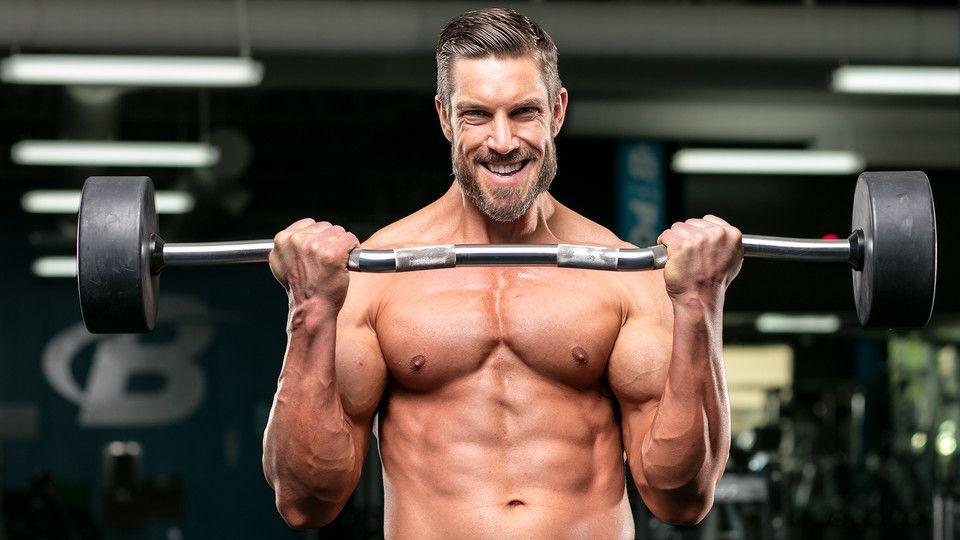
Why Bodybuilders Should Avoid Common Problems
While it isn’t necessarily true that you need to consume more calories than you burn during your workouts, you still need to eat enough to maintain good health. This includes eating enough food to fuel your muscles, provide energy for daily activities, and keep your digestive system functioning correctly.
In addition to following a balanced diet, it’s important to pay attention to your nutritional supplements. Many bodybuilders use creatine monohydrate and whey protein powder to improve their performance. However, these supplements are not designed to replace a solid diet. Bodybuilders who take creatine monohydrate and whey protein should follow a strict diet that limits their intake of simple carbohydrates. In addition, they should avoid taking anything else besides the recommended dosage of protein, sodium, and creatine.
Another common supplement used by bodybuilders is fish oil. Although omega-3 fatty acids are vital to maintaining overall health, taking large doses of these compounds can cause heartburn and indigestion. If you decide to take fish oil, you should stick to small doses and consult with your doctor before doing so.
Other common mistakes include consuming too much coffee and alcohol, which are known to suppress growth hormone production. Alcohol consumption is also associated with increased hunger and decreased satiety, which leads to overeating. Another common problem among bodybuilders is constipation. People who have trouble digesting fiber often develop painful intestinal cramps and bloating, which can lead to dehydration and malnutrition.
By avoiding these mistakes, bodybuilders can maximize their workouts and achieve faster results.
Which One Wins a Fight Between Calories and Training?
The answer depends on your goals. If you want to bulk up quickly and easily, you’ll need to eat more calories than you burn. Otherwise, you’ll have to spend months and years developing strong muscles. Which path do you want to choose?
